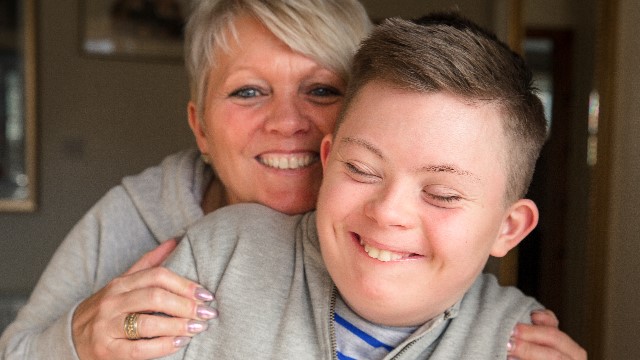At our residential homes, we provide a nurturing, trauma-informed environment where children and young people can feel safe, supported, and empowered to heal and grow.
Our Care model is centred around Therapeutic Crisis Intervention, and our staff teams receive regular training and development to equip them to understanding each child’s unique journey.
We embed a range of therapeutic practices into our daily care:
- Rotherham Family Approach
- Therapeutic Crisis Intervention (TCI)
- Solution-Focused Practice
- Therapeutic Parenting
These approaches help us respond to trauma and attachment needs with compassion, consistency, and care.
A 24-Hour Therapeutic Enviroment
Children who have experienced trauma benefit most from stable homes which are designed to feel like family: safe, warm, and emotionally supportive. Residential practitioners work closely with Therapeutic Teams to ensure every child receives the care they need.
Staff Training and Development
We invest in our team so they can provide the highest quality care. When you work for us, we will support you with:
- Therapeutic crisis intervention training
- QCF level 3 residential childcare (or level 4 equivalent)
Staff are also given time to take part in:
- Reflective practice sessions
- Monthly individual supervision
- Individual therapeutic consultations
- Supporting young people during and around therapy sessions


Therapeutic Support for Young People
Children may access a range of therapeutic interventions based on their individual needs, such as:
- Theraplay
- Art Therapy
- Dyadic Developmental Psychotherapy
- Mindfulness
- Other specific therapy depending upon diagnosis.
Building Meaningful Relationships
Healing begins with trust. Our staff build safe, consistent relationships with children, becoming key adults in their lives. We support staff to reflect, learn, and grow so they can provide the best possible care.
Views, Wishes and Feelings
Children and young people are encouraged to share their views and shape and influence the service they receive and the home they live in. This is achieved in a variety of ways:
- Daily conversations
- Keyworker sessions and care planning
- Weekly house meetings

Get in touch
If you have any questions regarding these opportunities and or would like a conversation about these new roles, please fill in our Contact Form
